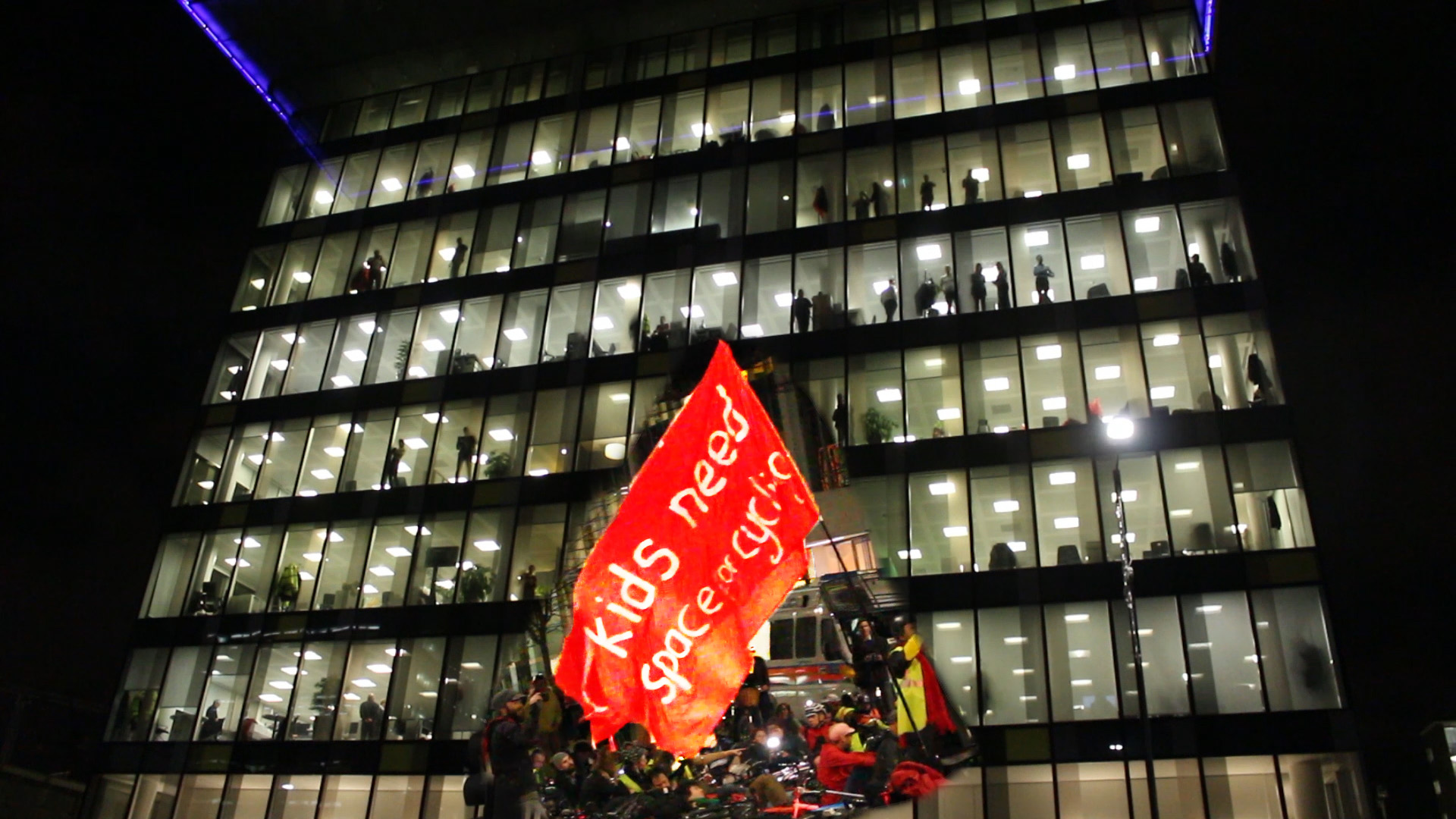Kipling’s Recessional & the Stop Killing Cyclists 2013 TfL Die-in
In church, a recessional is a hymn or piece of music accompanying the withdrawal of the clergy and choir from the chancel to the vestry, at the close of a service. The term is also used for the music after a marriage and Rudyard Kipling’s great poem Recessional (1897) is the source of the words ‘lest we forget’ in Anzac Day remembrance ceremonies for the dead of two world wars.
British people saw Queen Victoria’s Diamond Jubilee, for which the poem was written, as an occasion to reflect on imperial glory. There is something of this in Kipling’s poem but, even more, it is a warning against hubris, a reminder that all glories pass and a foresight of what was about to happen to Britain’s Empire in the 20th century. It may be for this reason that Stop Killing Cyclists die-ins make me think of Kipling’s poem. When the history of the internal combustion engine’s wrecking of London streets comes to be written, the evening of 29th November 2013 will be seen as a turning point. The lament and remembrance took place outside Transport for London’s Blackfriars Road HQ.
The 4th line in the 4th stanza of Recessional, in italics below, is often interpreted as a slur and, a century later, would be more acceptable with a reference to Less Developed Countries eg Or LDCs without the Law— since at least half the planet believes in the rule of Law.
If, drunk with sight of power, we loose
Wild tongues that have not Thee in awe,
Such boastings as the Gentiles use,
Or lesser breeds without the Law—
Lord God of Hosts, be with us yet,
Lest we forget—lest we forget!
As the below illustration shows, the protesters are the actors – while TfL staff look down on them from above.

